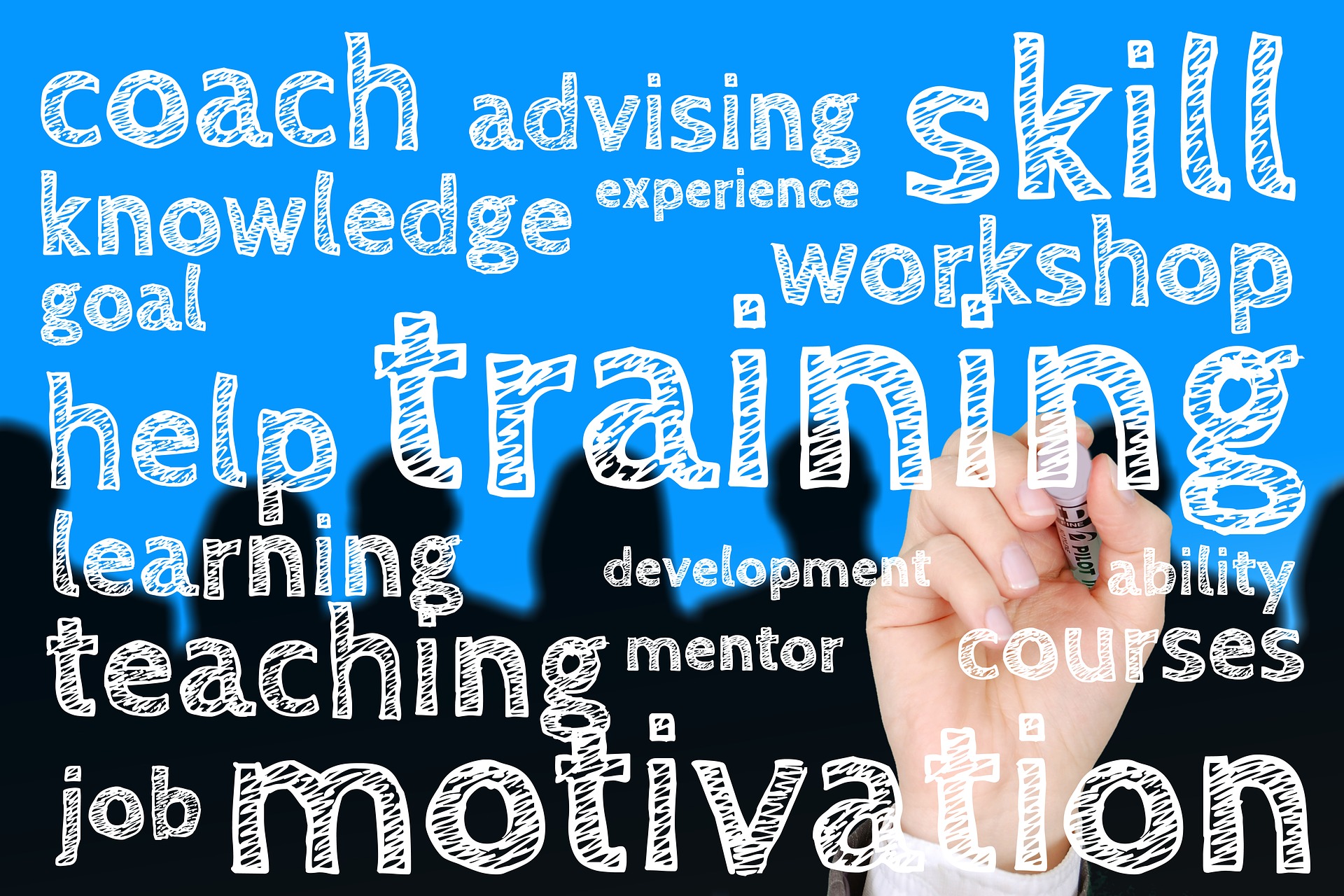Are you looking for ways to motivate kids to be prepared for learning experiences? If so, keep reading.
1. Praise those students who finish their tasks at school during the time given.
2. Make sure that failure to be prepared for designated learning activities results in loss of the chance to take part in learning activities, or give a failing grade for that day’s learning experience.
3. Get the student to create a routine (schedule) and utilize a weekly schedule. Get the student to create a chart for daily school tasks to be finished.
4. Make sure that homework is designed to drill learning activities rather than introduce new information.
5. Give the student a book bag, backpack, etc., to take homework tasks and learning materials to and from home.
6. Do not require the student to learn more information than they are capable of learning at any time.
7. Find resource staff members from whom the student may receive additional assistance (e.g., librarian, special education teacher, other staff members with expertise or time to help, etc.).
8. Make sure the student knows that tasks not finished and turned in on time must still be finished and turned in late.
9. Give the student written instructions to follow for all designated learning activities.
10. Make positive remarks about school and the importance of finishing tasks.
11. Plan the student’s time at school so homework will not be appropriate if they take advantage of the school time given to finish tasks.
12. Make sure the student has all the learning materials appropriate to finish school tasks (e.g., pencils, paper, erasers, etc.).
13. Conference with the student’s parents to discuss appropriate ways to help their child with school tasks.
14. Limit learning materials needed.
15. Introduce the student to other resource persons who may be of help in doing homework (e.g., other teachers, the librarian, etc.).
16. Show assignments/tasks in the most attractive and exciting manner possible.
17. Give individual assistance to the student to help them prepare for designated learning activities (e.g., time set aside during the day, study hall, after school, etc.).
18. Give the student a list of appropriate learning materials for each learning experience of the day.
19. Give the student structure for all academic learning activities (e.g., specific instructions, routine (schedule) format for tasks, time units, etc.).
20. Make sure that the student knows the relationship between unacceptable behavior and the consequences that follow (e.g., forgetting to finish their school tasks will result in a low grade).
21. Consider using an education app to help the student sharpen their organizational skills. Click here to view a list of apps that we recommend.





